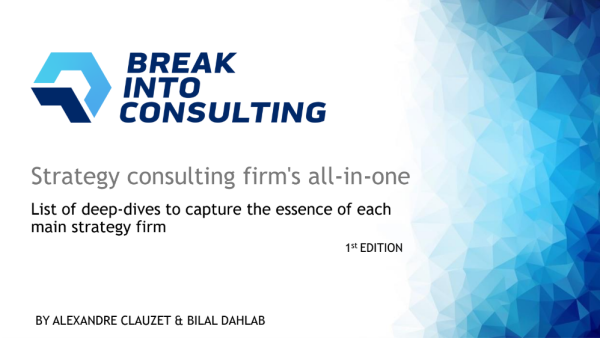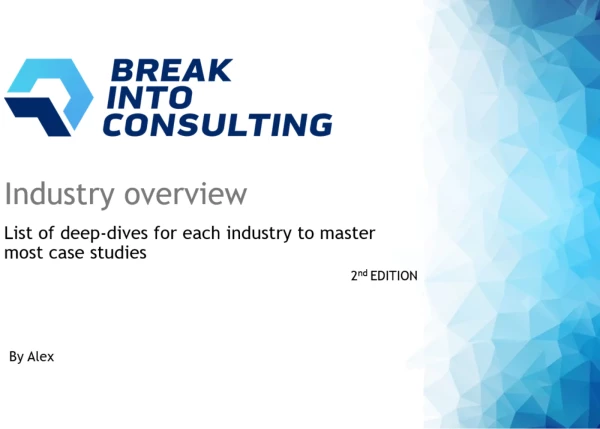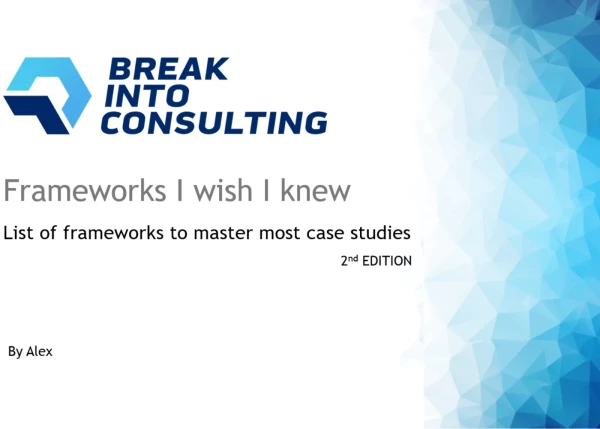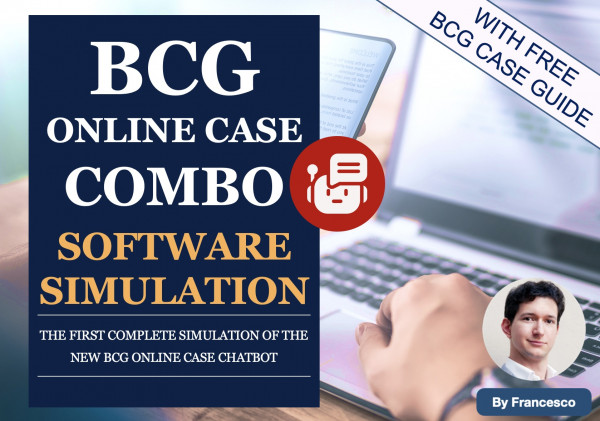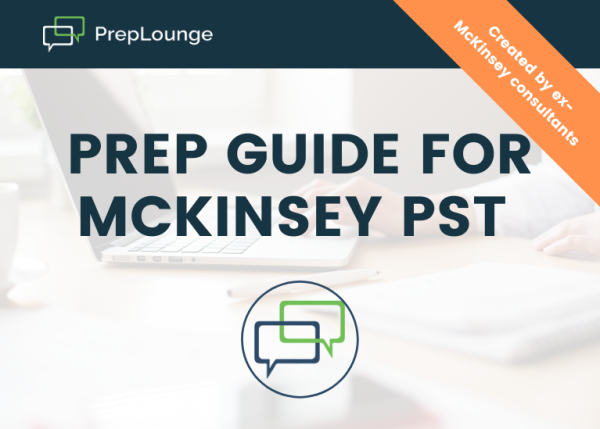I have received conflicting feedback regarding how many clarifying questions are appropriate and when I should be asking them.
Some say I can ask questions as long as they clarify main points and help understand the context and client objectives without asking for any actual data (i.e. no fishing for answers).
However, I've also been told that I should only clarify any points I didn't understandin the prompt and our clients objective, then leave all other questions for when I'm going through my structure (e.g. Who are our customers?, What are our products? How is this market doing relative to our client?)
Perhaps there is a middle-ground between the two sets of feedback I've received?








